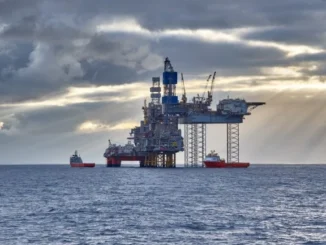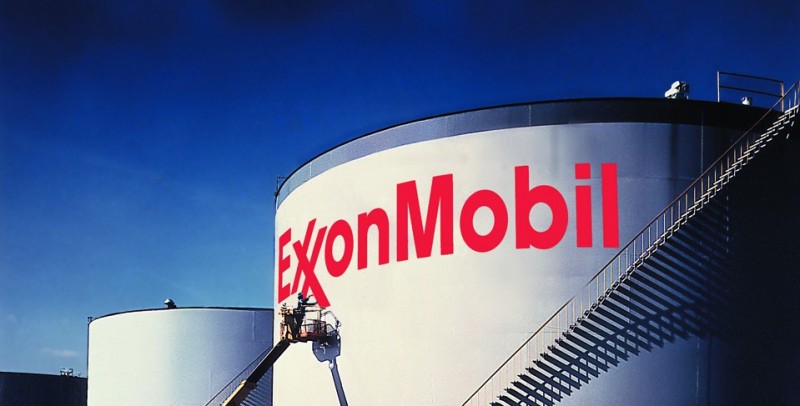
Guyana’s Vice President Bharrat Jagdeo said the government would not conduct additional seismic studies on offshore oil blocks that are set to be auctioned in September.
“The price of oil is high, and I think now is the right time if we go to the auction, so we are angling towards going — using the current data set — not generating future data sets,” Jagdeo said May 31.
Jagdeo said the team was advising, “How best do we maximize value?” — whether through a straightforward bid or not. “I do not know what model we will go with,” he said.
Although relinquished areas from previously allocated blocks are expected to be part of the bid round, Minister of Natural Resources Vickram Bharrat said Block C in the ultra deep waters, which has never been licensed before for exploration, would be auctioned. “Definitely Block C is available. We have to ensure whether we are going to auction Block C as it is, meaning the entire 9,500 square kilometers, if we are going to break it down into different parts. These are decisions that we are going to take very soon,” he said.
Block C is the easternmost area and above the Stabroek Block where ExxonMobil has discovered an estimated more than 11 billion barrels of oil equivalent. The Roraima and Kaieteur blocks also are near Block C.
Jagdeo said no decision has been taken on whether to allow ExxonMobil, already a dominant player in Guyana, and other concessionaires to bid because they have several concessions. “The other argument is if you reduce the number of bidders, it may become less competitive and a lower bid, so it’s between those two variables that we need to make the decision,” he said.
ExxonMobil did not immediately respond to requests for comment by S&P Global Commodity Insights.
Jagdeo said the Guyana government was contemplating whether to establish a national oil company or one with passive shareholders in which Guyana would earn more money from that company and a higher share in a new model Production Sharing Agreement (PSA).
He said the new PSA would include provisions for a new profit share, royalty rate, ringfencing, and excessive tax benefits through a national oil company to ensure Guyana gets the maximum average revenue.
Jagdeo said the Guyana government was concerned about investing in a national oil company and ending up losing millions of dollars in dry holes. “We have to look at all of those issues and whether we want to spend our money in a risky venture,” he said.
Guyana commenced commercial oil production 2018 with entitlements to ExxonMobil and its partners, Hess and the China National Overseas Oil Co., called CNOOC, as well as the Guyana government. Under the PSA, Guyana is entitled to 50% of oil profit and 2% royalties.
Source: Spglobal.com



